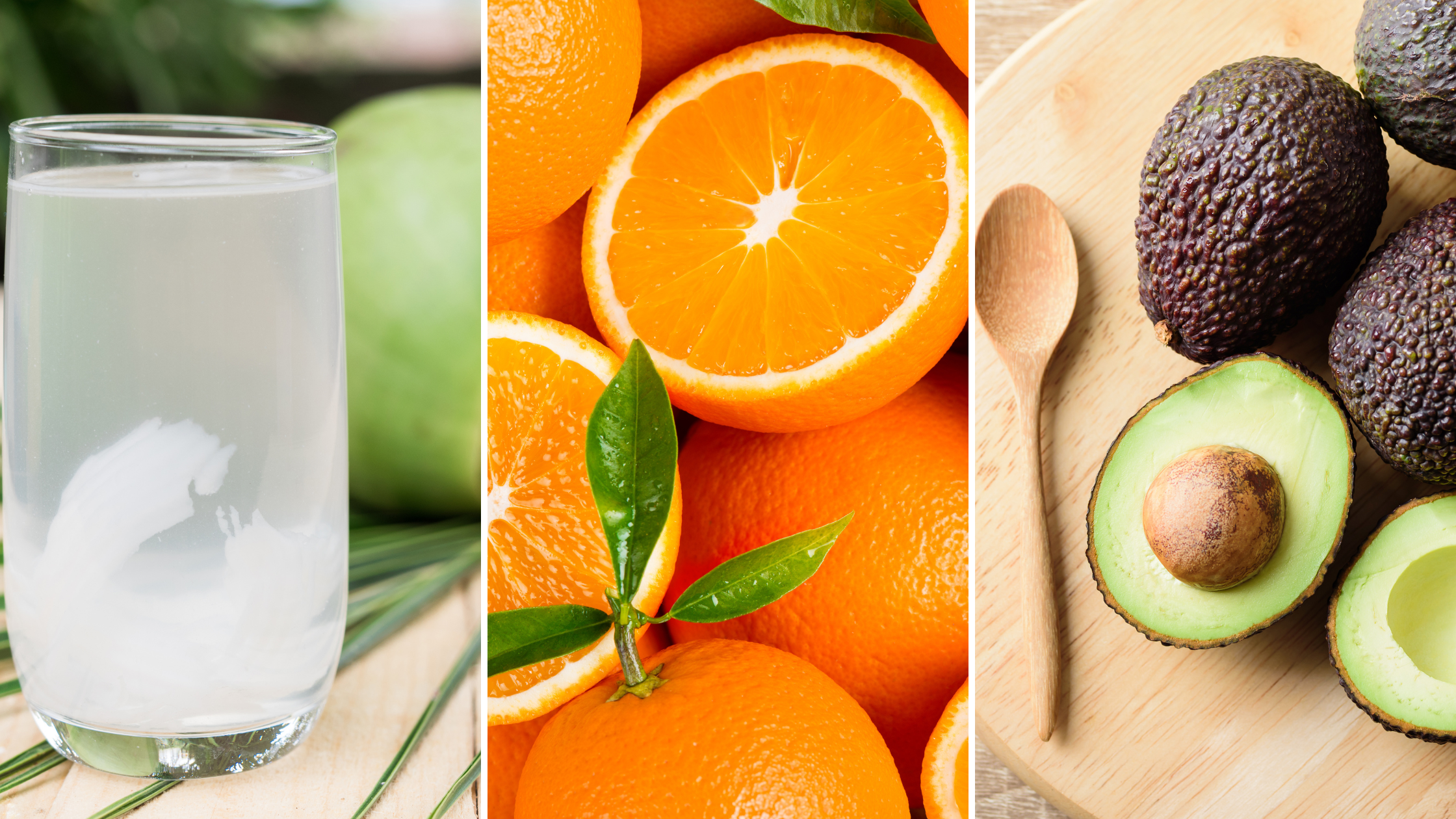Hydration is crucial to how well your body runs (both literally and figuratively). You reach for a cold beverage and find store shelfs packed with electrolyte drinks marketed with promises of ideal hydration. But, which is the best electrolyte drink? Here’s everything you need to know about electrolytes, natural hydration solutions, and the best electrolyte drink.
What are Electrolytes?
Electrolytes are tiny substances, like sodium, that your body needs to carry out vital functions. They help your cells ensure they have just the right amount of fluid inside them – hence electrolytes are important in hydration. Plus, your cells use electrolytes to conduct electricity! That’s how you move – electrolytes are needed for your muscles to contract.
What’s an Electrolyte Imbalance?
When your body’s levels of electrolytes are too high, or too low, health complications can arise. Your body needs the perfect balance of electrolytes. When your electrolytes are imbalanced, everything from muscle contractions to how messages are sent from your brain through your nerves is impacted.
High electrolytes, such as eating too much sodium in processed or fast foods, can increase blood pressure – that’s hard on your heart and kidneys.
Low electrolyte levels can occur from prolonged sweating, such as during warm weather or exercise, which can leave you dehydrated. But, there are other, potentially more important impacts of low electrolytes you should know about.
What Happens When You’re Low in Electrolytes?
Without enough electrolytes, your cells struggle to maintain the balance needed to function and you may experience a variety of symptoms from headaches to muscle cramps, blood pressure changes to mood disruptions or confusion.
Low electrolyte levels in the body can occur from:
- Sweating
- Persistent vomiting or diarrhea
- Higher than normal blood pH (alkalosis)
- Poor diet
- Insufficient water intake
- Certain medications
What Happens When You’re Dehydrated?
Less than a 1% decline in your body’s water content can disrupt your reaction time, cognition, and mood, says research. Anxiety and depression can increase in as little as 3 hours at 30°C temperatures.
Does Hot Weather Impact Your Mood?
As the barometer rises, so can your anxiety. In a study published in the journal, The Lancet, even a one-degree increase in temperature elevates the probability of experiencing depression and anxiety. It’s thought that sudden hot weather stresses the body, lowering serotonin levels in your brain – one of the biggest mood regulators.
6 Most Important Electrolytes for Your Health
There are 6 important electrolytes for your health, and you need them all. Whole foods and electrolyte drinks can help you restock on these when you run low.
Calcium: helps muscles contract, nerves send signals, regulate the rhythm of the heart
Chloride: helps your cells maintain their internal and external balance of fluids.
Magnesium: helps cells turn nutrients into energy, needed for brain function and muscle relaxation.
Phosphate: helps cells metabolize nutrients and transports chemicals outside your cells.
Potassium: works alongside sodium to help cells maintain healthy fluid levels, vital to heart function.
Sodium: helps cells absorb nutrients and stay hydrated.
How to Find the Best Electrolyte Drink
According to Dietitians of Canada, women should drink 9 cups of water a day, and men 12 cups. However, if despite consuming sufficient water you still feel thirsty, are experiencing vomiting or diarrhea, or are involved in continuous, vigorous physical activity for longer than 60 minutes, you may need an electrolyte drink.
Here are some options to consider in your quest to find the best electrolyte drink for you:
Coconut Water
Coconut water sales have increased as knowledge of its electrolyte content has spread, offering some potassium, sodium, magnesium, and chloride.
Electrolyte Drinks
Some small studies show an electrolyte drink can improve how well you rehydrate, as well as muscle performance. Electrolyte drinks are sold in stores as beverages, or powders/tablets you add to your water. There are electrolyte drinks with or without carbohydrates (sugars): a review of studies available noted that during continuous exercise an electrolyte drink did a better job of helping the body regain water lost (rehydrating). Read the label to confirm the ingredients of your electrolyte drink meets your needs. The source of sweetness in an electrolyte drink may not be sugar, instead using an artificial sweetener (sucralose).
Energy Drinks
Of note, some electrolyte drinks, called energy drinks, contain caffeine – the consumption of drinks high in sugar or containing caffeine is discouraged by the Canadian Pediatric Society, noting these drinks may contribute to obesity or health issues and are unnecessary for children engaged in routine physical activity.
Do You Need an Electrolyte Drink?
Most healthy, active individuals can stay hydrated and obtain sufficient electrolytes from whole foods, such as those listed below. However, circumstances can occur when you are at greater risk of becoming dehydrated and an electrolyte drink may be beneficial.
Watch for these signs of mild to moderate dehydration if you’re unsure whether you’re not properly hydrated and may need additional electrolytes:
- Dizziness
- Dry mouth
- Headache
- Thirst
- Muscle cramps/weakness
Are There Electrolyte-Rich Foods?
Yes, you can eat electrolytes – they are found in many of the nutritious fruits, vegetables, beans, grains, and nuts featured in a healthy, holistic eating plan. Watery fruits and vegetables (melon, cucumber, berries) are also excellent foods to eat to stay hydrated.
Foods to Replenish Electrolytes: Natural Hydration Solutions
- Green leafy vegetables (magnesium, calcium)
- Oranges (potassium)
- Broccoli (calcium)
- Pumpkin seeds (magnesium)
- Avocado (potassium)
- Legumes (sodium, potassium)
Learn more about holistic nutrition and your health…
Explore the
Natural Nutrition Diploma Program
available through multiple CSNN branches.
